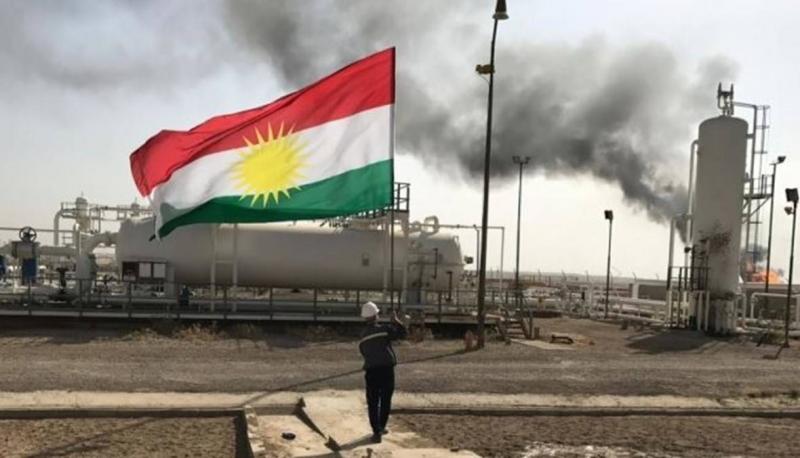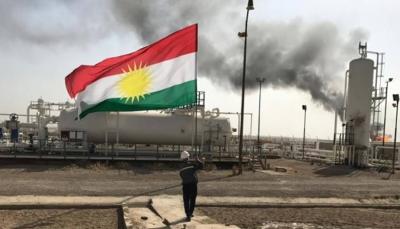It has become clear to everyone the recent closeness between the Kurdistan Regional Government and Iran, especially following the visit of Kurdistan President Nechirvan Barzani to Tehran and his meeting with Supreme Leader Ali Khamenei, where assurances were made regarding the depth of the relationship after years of tension between Erbil and Tehran, along with mutual accusations. In this context, experts believe that the smuggling of Kurdish oil through Iran cannot merely be reduced to a commercial operation between secondary smugglers and foreign oil companies operating in Kurdistan. Even if the governmental bodies in Erbil and Tehran are not directly involved in this process, they at least control the land and are aware of or "tolerant" of the tankers moving through these territories in Kurdistan or Iran.
This raises questions about the potential U.S. stance on this matter, particularly since it violates sanctions against Iran, amidst doubts that Iran benefits from the smuggling of Kurdish oil through its territories and its export through its ports. Jim Krane from Rice University's research in Houston stated: "OPEC has now become less tolerant of smuggling and has punished its members for this reason. However, I doubt there could be any punitive action against Baghdad, as it is clear to everyone that the Kurdistan Region is outside the control of the central government."
Moreover, an American official believes that oil smuggling in the Kurdistan Region may lead to tensions between the authorities of this region and Washington, as it appears that U.S. economic sanctions against Iran are being violated through this trade. The U.S. Treasury Department declined to comment on the matter, while Reuters obtained a statement from only one official, who said that "U.S. sanctions against Iran remain in effect, and we regularly engage with our partners regarding the implementation of sanctions, but we will not disclose further details."




